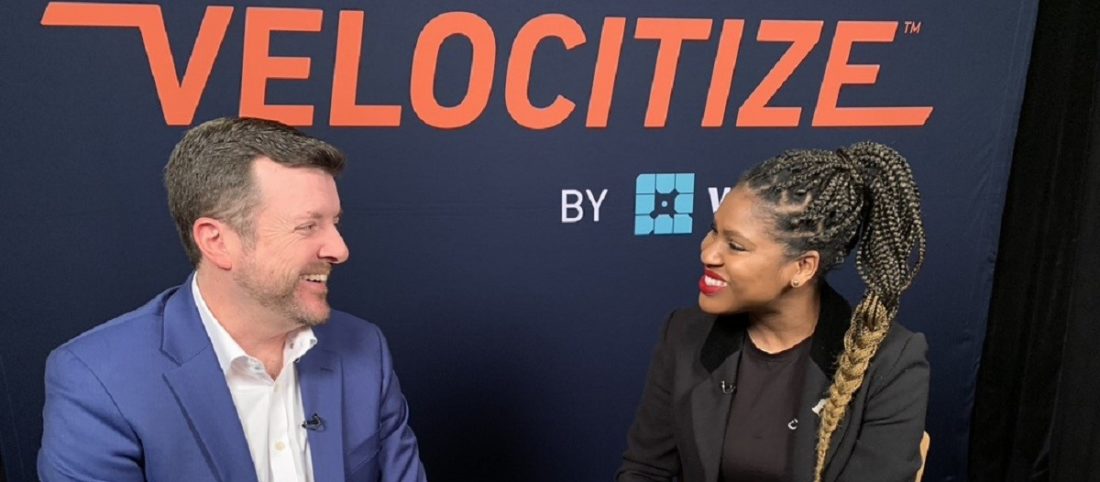I’ve seen a shift away from pure storytelling to more story living.
Shakirah Hill Taylor is Vice President of Strategic Communication and Digital Strategy at Metropolitan Group, a full-service social change agency that crafts and integrates strategic and creative services. Hill Taylor is also an adjunct faculty member at Georgetown University, where she earned her MA in PR and advertising.
In this episode of Velocitize Talks, Shakirah Hill Taylor shares her thoughts on values, Augmented Reality, and diversity.
Back to the Basics: Email Marketing (2:08)
In our work with nonprofit organizations, large foundations and government agencies, there’s so much opportunity to capture already rapt audiences and stakeholders who want to be invested in the work.
Some sources cite email marketing as 40 times more effective than social media for reaching your target audiences. Why? A study by McKinsey & Co. found that email is still more ubiquitous than the largest social channels. Email also allows for greater personalization and content that’s not filtered by always-changing algorithms.
Augmented Reality’s Role in Retail (3:31)
I’m really excited to see how more organizations can pick up augmented reality as a way of making issues and the impact that needs to be made more tactical.
AR is gaining traction with consumers and businesses. A report by eMarketer forecasts that in 2022, 95 million people will interact with AR images at least once a month. But it’s not just for hardcore gamers.
Hill Taylor referenced a past campaign by the World Wildlife Foundation, backed by Coca-Cola, that allowed stakeholders to use AR to experience the impact on polar bears of the ice caps melting.
Hill Taylor also cited the successful cosmetics campaign created by Sephora and Pinterest to leverage AR.
Justice, Equity, Diversity and Inclusion (5:15)
When we’re thinking about stakeholders, we’re not looking at monolithic groups. We’re looking at people with different values, but also different lived experiences. We need to understand the context in which they see things.
The J.E.D.I. Collaborative, a group that is making the business case for embedding justice, equity, diversity and inclusion into the food ecosystem, offers some guidance for companies to begin implementing J.E.D.I. into business practices, regardless of the industry. They recommend starting from the top to ensure the CEOs and other senior company leaders support.
Other steps include establishing infrastructure, employee buy-in and J.E.D.I. key performance indicators. This move for more diversity in the workplace has the potential to positively impact a company’s bottom line. McKinsey & Co. reports companies in the top quartile for gender diversity on their executive teams were 21% more likely to experience above-average profitability than companies in the fourth quartile.
Brand vs. Values Loyalty (8:50)
I don’t know that people are brand loyal. They’re values loyal.
Companies like TOMS shoes, Nordstrom and Southwest Airlines are all companies that come to mind for their values-based business. Why do these companies stand out? Their values permeate everything they do and guides their business decisions. Nike also walks the walk and has a long history of standing for racial equality and other causes.
Good Reads
Right now I’m reading Stamped From the Beginning. It’s the definitive history of racist ideas in America by Ibram X. Kendi. The work I do online allows me to see the impact of information across different communities and how that information, whether it’s accurate or false, impacts those communities.
Learn more about Metropolitan Group and Shakirah Hill Taylor by visiting their website or social channels LinkedIn, Facebook and Twitter.
